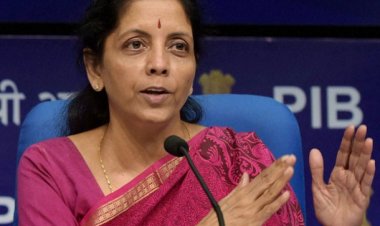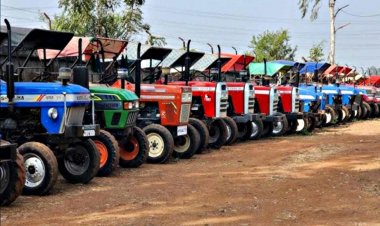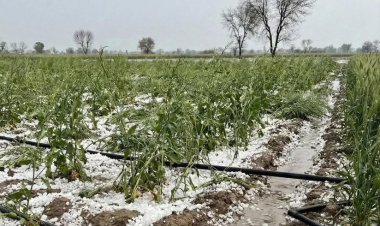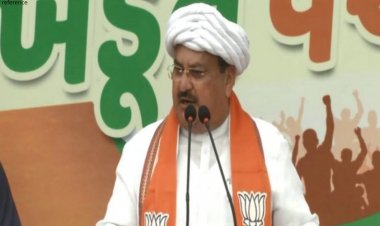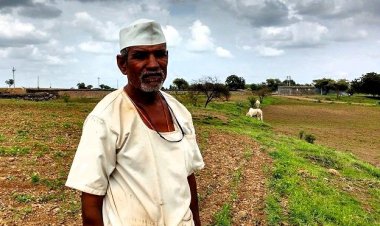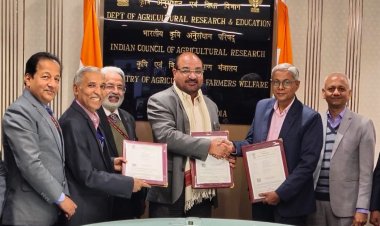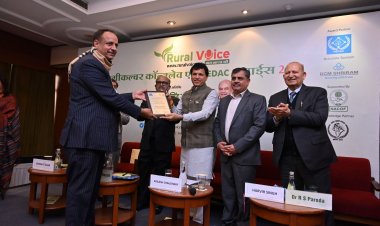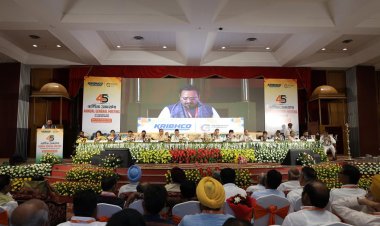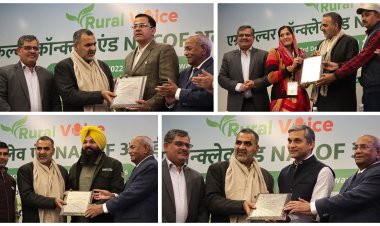India Faces $7 Million in Crop Losses by 2030 if Climate Trends Persist
PRADAN, in association with Axis Bank Foundation, recently organized Samagam 2024- one of India’s leading social conclaves, centered around addressing the critical issues related to climate change in India.
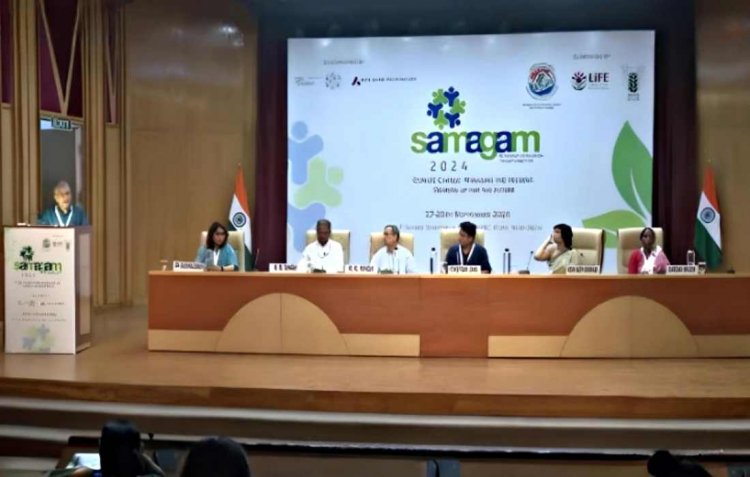
The need for rapid action on climate change to protect livelihoods in India emerged as a critical focus during Samagam 2024, a recently organised social conclave by PRADAN (Professional Assistance for Development Action) in collaboration with Axis Bank Foundation. The event, supported by the Ministry of Environment, Forest and Climate Change, Mission Life, and the Indian Council of Agricultural Research (ICAR), underscored India's escalating climatic challenges and their detrimental effects on agriculture, rural livelihoods, and the overall ecosystem.
Key discussions at the event revolved around the urgent need to address climate-induced issues such as water scarcity, erratic rainfall, cyclones, and the widespread disruption of agriculture. Experts warned that by 2030, India could face up to US$ 7 million in crop losses if current climate patterns persist. Rainfall has become increasingly erratic, with Rajasthan and Gujarat experiencing a 30% surge in rainfall over recent years.
India, now the third-largest carbon dioxide emitter globally, is witnessing changing climatic phenomena, including more intense cyclones affecting both the eastern and western coasts. These shifts are disrupting ecological balances, particularly in agricultural regions, where nearly 70 million acres of crops have been affected by climate change over the last seven years. Additionally, around 55 million hectares of agricultural land remain uncultivated, exacerbating food insecurity and livelihood losses among rural communities.
Saroj Kumar Mahapatra, Executive Director of PRADAN, emphasized the importance of community engagement in fostering sustainable change, stating, "Community stewardship is crucial in driving sustainable change. Multi-stakeholder partnerships are essential to strengthening ecosystems and uplifting rural livelihoods. Collaborative efforts between panchayats, civil society organizations (CSOs), and local communities are already showing promising results."
Dhruvi Shah, Executive Trustee and CEO of Axis Bank Foundation highlighted the complex challenges posed by climate change and the need for grassroots-centric reforms. "Immediate priorities include securing seasonal incomes and enhancing the resilience of rural landscapes to ensure the continuity of ecosystem services," she said.
Samagam 2024 encouraged open dialogues and collaboration between CSOs, government bodies, and the private sector to implement solutions aimed at mitigating climate change impacts. By focusing on both short-term outcomes and long-term systemic changes, India can create sustainable solutions to address the pressing challenges of climate change and land degradation.
As India faces increasing climate-related disruptions, such discussions and collaborations will be critical in managing the present and gearing up for a more resilient future.



 Join the RuralVoice whatsapp group
Join the RuralVoice whatsapp group

















